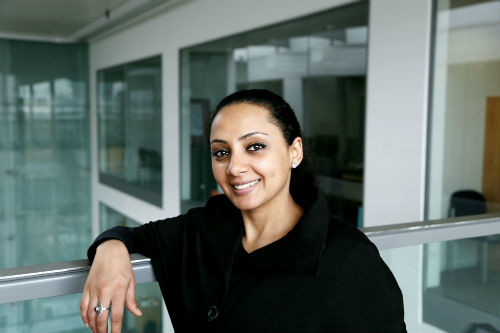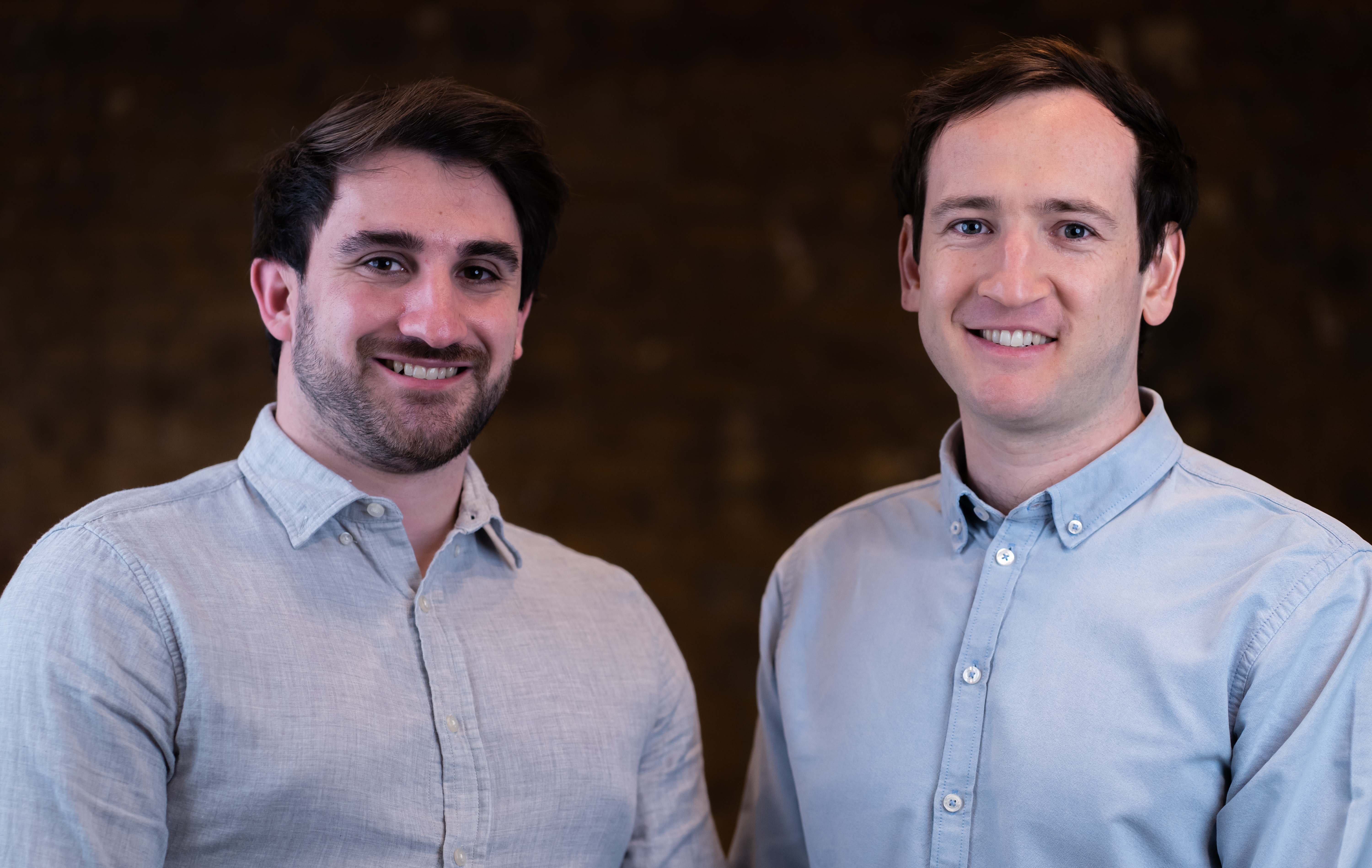A positive partnership between academics and Technology Transfer Offices would lead to much better outcomes

We talk to Technology and Knowledge Transfer Manager, Fay Kassibawi, of Royal Holloway University of London, about creating an effective commercialisation pathway.
“A positive partnership between academics and Technology Transfer Offices would lead to much better outcomes”
Tell us a little bit about your background?
I haven’t always worked in tech transfer. I started my career as a researcher, at the University of Auckland in New Zealand (NZ). After a few years there, I moved to the corporate world and took a role in GE Healthcare in Auckland, NZ. During my time there, my clients were researchers from government research institutes, pharmaceutical start-ups, and universities. This exposure made me appreciate the significant innovative output and the potential impact of research. More importantly, I recognised the need for a “catalyst” role to convert these innovations into products and services. Hence, in 2010, I made my move back to the university, this time as Technology Development Manager, to support academics to turn their ideas into valuable solutions.
It was when I was working as the IP and Commercialisation Consultant at City University, London, that I first came across CyberASAP. Raven Science was the first project I took through the programme and I have now been involved in supporting three projects through CyberASAP, all of which are still live and at different stages of commercialisation success.
CyberASAP was the catalyst for me helping put in place a brand new policy for start-ups when I moved from City to Royal Holloway University of London (RHUL) where I now work.
What issues were you looking to address when you joined RHUL?
When I joined RHUL, CyberASAP was completely new to the university. Not only that but there was no policy about how to support any start-up entity which might emerge from the programme.
I looked to change all of that, explaining what the programme was and what success might look like; and this, in turn, put pressure on the university to create the policies to support any start-up created as a result of the programme.
This led to me helping the university to develop a clear start-up policy so that academics have a defined and well-understood route map before venturing out on their commercialisation journey.
So I’d say that CyberASAP played a crucial role in helping educate and empower academics at RHUL to take their innovation to the market. The programme also created a good appetite for commercialisation and a much better understanding of what’s involved.
What sort of obstacles did you (and other TTOs) need to overcome in establishing a workable commercialisation pathway?
Universities want to see impact as well as a good return on investment, and realising commercialisation options – whether that is through agreeing licensing deals or supporting start-ups – is a great way to demonstrate both/either.
However, there is often a lot of resistance from universities around protecting Intellectual Property (IP) and/or negotiating “ownership”.
This is a highly sensitive area as there is an obvious tension between what the university considers fair and what potential investors in a start-up will find attractive (and therefore what will influence the success of the venture).
Also, it is imperative that the value of the inventor’s input be reflected in any “deal”.
RHUL came up with the idea of assigning the IP to the start-up company in exchange for a share for the university of less than 10% as this would make the venture more attractive for investors. We have formalised this as part of our policy.
What role and challenges do TTOs face in the commercialisation process?
TTOs need to assess the IP; they are dealing with publicly funded research and they need the experience and knowledge to recommend how best to use that IP for their university: is this about impact generation or income generation? Is it a company? Is it a licence?
There is a need to have clear processes in place, which should be based on relevant IP and commercialisation policy, and an effective commercialisation strategy. This process needs to be developed around the innovation life cycle and shared with the research community. Awareness and transparency of the commercialisation process is key in building partnership with researchers.
Recommending the best pathway requires experience (and also a great IP Contract Lawyer!) – and, in my opinion, there is a real lack of experience amongst TTOs which is a big barrier. This also leads to a lack of trust in TTOs by academics – again a hurdle that we really need to overcome in order to more fully exploit the potential impact of research. An absence of informed leadership in tech transfer, plus high staff turnover in the sector, are real problems too.
Academic commercialisation offices in uni’s want to drive the commercialisation process but there is no consistency about pathways for creating start-ups or other commercialisation routes across universities. A positive partnership between academics and TTOs with a clear understanding of the process would lead to much better outcomes.
What recommendations do you have for improving the commercialisation process in universities?
- TTOs need to engage early with post-grads and researchers to establish a positive dialogue
- Create clear commercialisation pathways and communicate these effectively so that academics know what potential routes are open to them
- Academics need to be educated, empowered and motivated to engage with the commercialisation potential of their research. They also need to know how, why and when to involve their commercialisation offices. CyberASAP is a great initiative to achieve this goal.
- A positive partnership between academics and TTOs is key to realising the impact potential of research
- The tech transfer sector needs to recruit, develop and retain more highly qualified and experienced staff
- We need to improve levels of understanding about the commercialisation process – amongst academics and TTOs.
KTN Comment
Commercialisation activities in university are led by technology transfer officers (TTOs) or their equivalent. Their role in supporting the cohorts, in the evaluation of each opportunity, determining the ideal commercialisation model and navigating the internal processes is essential. Early engagement of academics with their TTO has been identified as a key success factor by a number of our cohort.
We actively encourage TTO’s to attend the training days, participate in Meet the Entrepreneur and Investor days to encourage and support this important relationship. This year we added a formal event, a group forum, to discuss the common challenges and celebrate successes. Our hope is that this will support the positive relationship of the cohort and TTO and provide the CyberASAP delivery with insight on where further support can be given.
Emma Fadlon, Director – CyberASAP
Connect with us
Follow us on Twitter & LinkedIn
If you want to get involved, or get in touch with the programme, register your interest here
CyberASAP is funded by the UK Government Department for Digital, Culture Media & Sport (DCMS) and delivered in partnership with KTN and Innovate UK.



